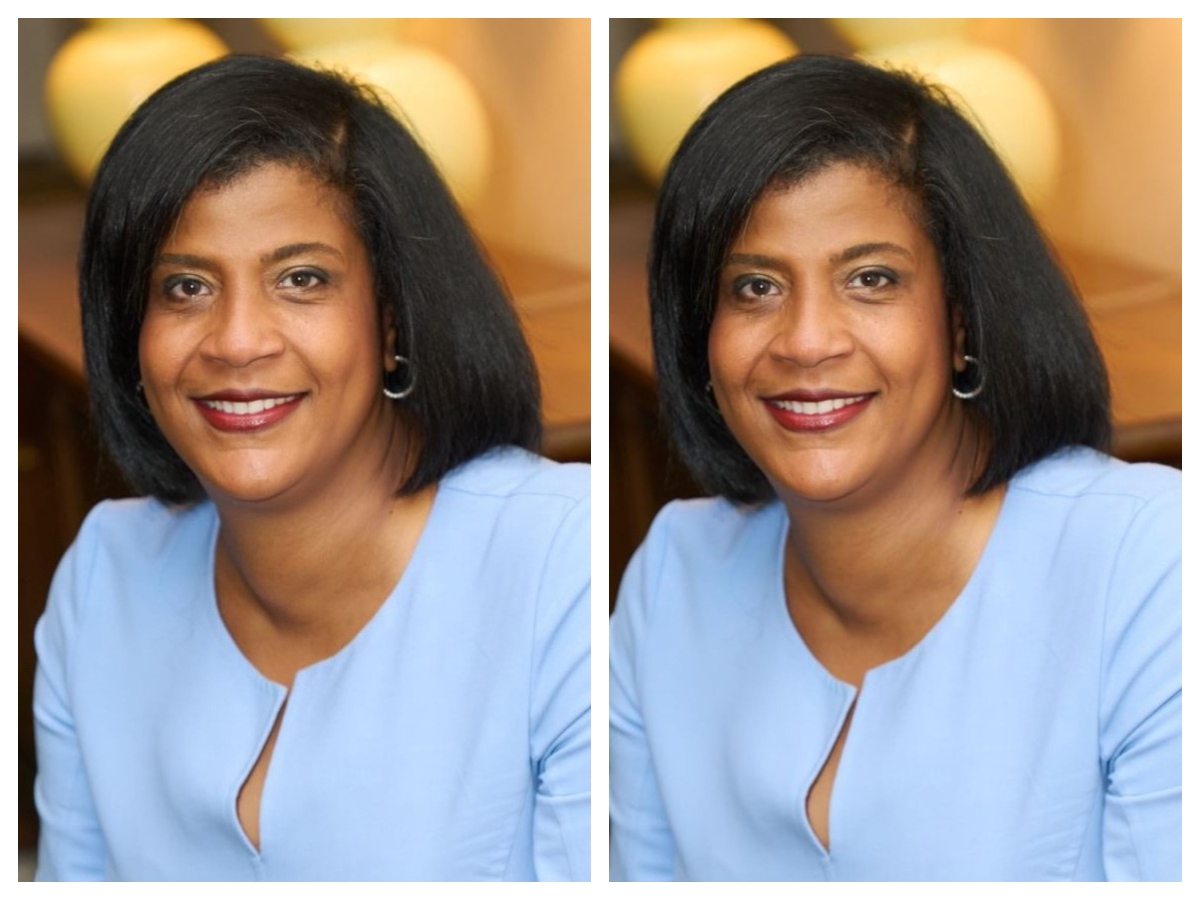As artificial intelligence (AI) continues to gain momentum globally, the Chief Executive Officer of the National Association of Black Accountants (NABA), Guylaine Saint Juste, has shared a thought-provoking perspective on the future of work in an AI-driven world.
In an exclusive interview with Sandra Babu-Boateng following the 2025 NABA Convention in Las Vegas, Saint Juste addressed the massive shifts AI is expected to trigger in the job market. She revealed that more than 19 million jobs are projected to be disrupted by the rise of AI technologies.
Despite the looming disruption, she emphasized that the future also holds promise, indicating that an estimated 39 million new jobs are projected to emerge in its wake.
Saint Juste encouraged individuals to embrace the AI revolution, urging them to adapt, evolve, and prepare for the opportunities this transformation will bring.
Watch the full interview below and let us know your thoughts in the comments. Don’t forget to subscribe to PanaGenius TV for more insightful conversations and the latest updates.
“I think companies are starting to get it. But there are so many layers to this, and we don’t celebrate progress enough,” she said. “For me, the piece I’m really committed to is this: we missed the first two industrial revolutions. Take the words loosely. During the first major industrial revolution, we were still segregated, so we had very few opportunities. Then with the second, we missed it in part because of our own doing, we acted like dot-com wasn’t coming, like it wouldn’t transform us.”
Saint Juste acknowledged that the Black community has often been late to major technological shifts. “Yes, we were late to the game. But this time, I’m determined that, to the extent possible, Black people will embrace AI, generative AI, and agentic AI,” she said.
She noted that traditional skillsets alone are no longer sufficient. “If you look at your content, you won’t see much focused purely on technical skills in accounting or finance. That’s not it anymore. You’ll see a lot on critical thinking, problem solving, true collaboration, and most importantly, understanding and embracing AI.”
According to Saint Juste, the rise of AI must be demystified. “This is innovation. These are emerging technologies, and yes, we need to talk about them. There are over 19 million jobs that are going to be disrupted and will no longer exist…Nineteen million jobs will be disrupted, but 39 million will be created.”
She questioned why people cling to outdated roles when opportunities in new fields are emerging. “Why are we fighting to hold onto the 19 million when we should be preparing to take advantage of the 39 million?”
Recalling the early days of ATM technology, she said, “I remember when ATMs first came out, and I thought, ‘I’m not putting my little $176.42 in that machine, I don’t trust it.’ Now we don’t even think twice. But with AI, we’ve got to get ahead of it. Be in it. Be curious. Learn, adopt, adapt, because this is going to create fortunes. It will disrupt us, even eliminate us if we’re not in it. But it will create fortunes if we go with it.”
Saint Juste emphasized the importance of ownership and innovation. “That’s the owner’s mentality. You and Isaac have built this incredible platform and vision, and every time I attend a BlackStar event, you’ve added something new, shifted something, you understand what it means to own and evolve.”
She contrasted this mindset with the complacency that can hinder progress. “We can’t sit in one place and say, ‘This is what I know, and I’ll just stick with it.’ We’ve got to adapt, innovate, think differently, and move toward the future, because it’s coming whether we like it or not.”
To Saint Juste, the future centers around three key pillars: culture, innovation, and talent. “Companies around the world are going to need talented people who can engage with machines, understand how they work, adapt to them, and even surpass them. That won’t change. And I believe this is our moment,” she concluded. “This is where NABA wants to be, right in the middle of that conversation. Because as Black people, we are bold and beautiful.”










